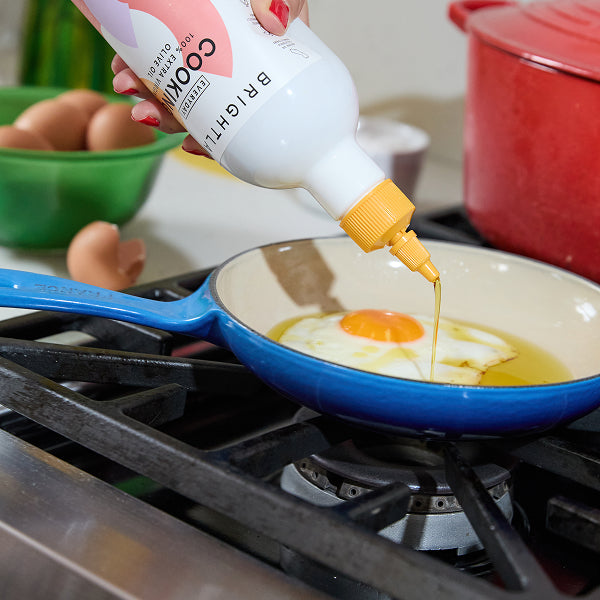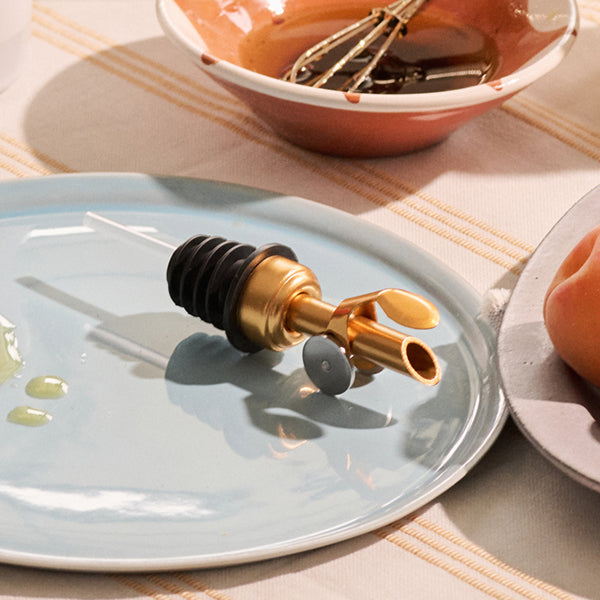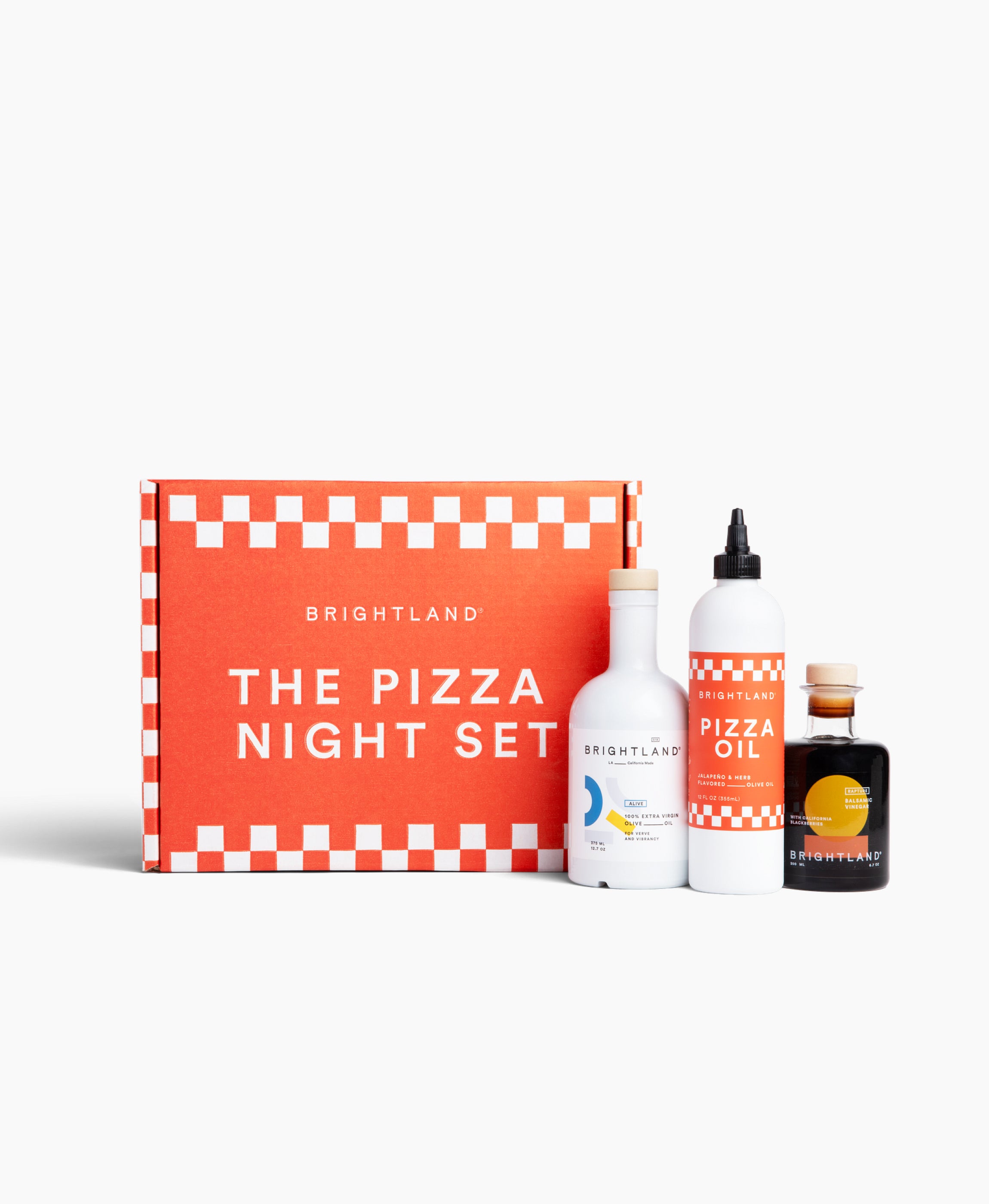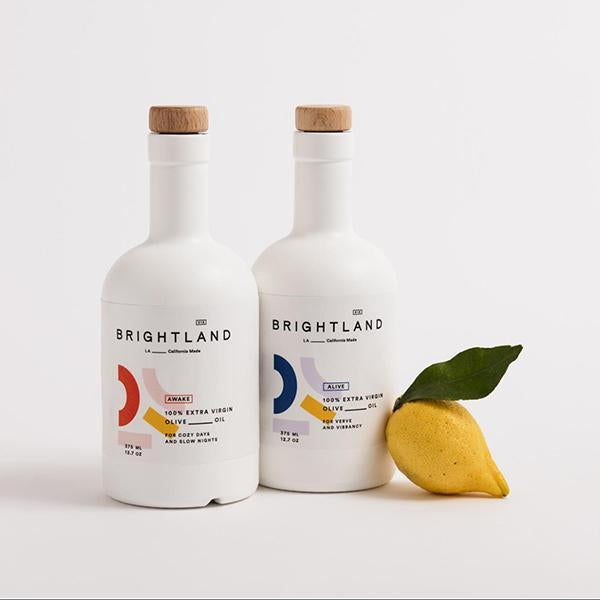As you probably know by now, many foods that humans enjoy — such as chocolate and raisins — are bad for dogs, and sometimes even toxic for them. Thus, it is totally understandable that you would be wondering the same thing about olive oil and whether this staple of the human diet is okay for your fur children to eat. So, is olive oil good for dogs? Here is what you need to know about feeding extra virgin olive oil to your dog:
Is Olive Oil Good for Dogs?
Thankfully, olive oil is okay for dogs to eat in small quantities. In fact, it can even be beneficial for them. Regular consumption of olive oil can encourage healthy skin and help give your dog a lustrous coat. You may have seen dog food brands touting fatty acids as part of their ingredients — well, olive oil also contains those beneficial fatty acids. While it may take some time to see results, giving your dog olive oil regularly can result in a shinier, stronger coat.
Olive oil for dogs does not just stop at appearance. Extra virgin olive oil contains many antioxidants, such as vitamin E, which can help protect your pup against damage from free radicals. It can also help promote a healthier weight in your dog as the monounsaturated fats in the olive oil can break down the fat stored in fat cells, which in turn helps lower cholesterol. Olive oil can also help loosen the bowels and relieve constipation for your dog.
Finally, olive oil can improve both the taste and consistency of your dog’s food. If your pet is a picky eater and is refusing to chow down on their food, adding a little bit of olive oil to it can make it more appealing and help encourage them to eat.
[close type="rte"]Shop California Extra Virgin Olive Oil
[open type="rte"]How to Give Your Dog Olive Oil
Most vets recommend no more than a teaspoon per 20 pounds of weight. It is a wise idea to start off with less olive oil to avoid irritating your dog’s digestive tract. Because the consumption of olive oil can loosen things up, you should watch your dog for any vomiting or diarrhea and stop giving them olive oil if they experience these symptoms. Do know that olive oil can irritate the gastrointestinal system of dogs who already have sensitive stomachs, so it may not be the best choice if your dog already has stomach trouble.
[close type="rte"] [open type="images" count="1"]
[close type = "images"] [open type="rte"]
You should also check your dog’s food to see how much fat content it already contains and use that as a guide to determine how much olive oil to give them. If your dog’s food already contains a lot of fats, then you might want to give them a smaller amount of olive oil. Too much of even the healthy fats can still cause health problems for your pet.
While you may be tempted to rub the olive oil directly into your dog’s coat, it is a better idea to mix it into their food and let them ingest it. If you rub the olive oil on your dog’s fur, they might be tempted to lick it off, negating the effects of putting olive oil on in the first place. Excessive licking can also dry out their skin and coat and worsen other topical issues, so bear that in mind.
Extra virgin olive oil will provide the most health benefits for your dog because it undergoes the least processing and thus contains the highest levels of natural compounds such as antioxidants. Large international corporations often have less oversight into the production of olive oil, so if you want to buy the highest quality product possible, we recommend shopping for California extra virgin olive oil from domestic producers such as Brightland.
[close type="rte"][open type="images" count="1"]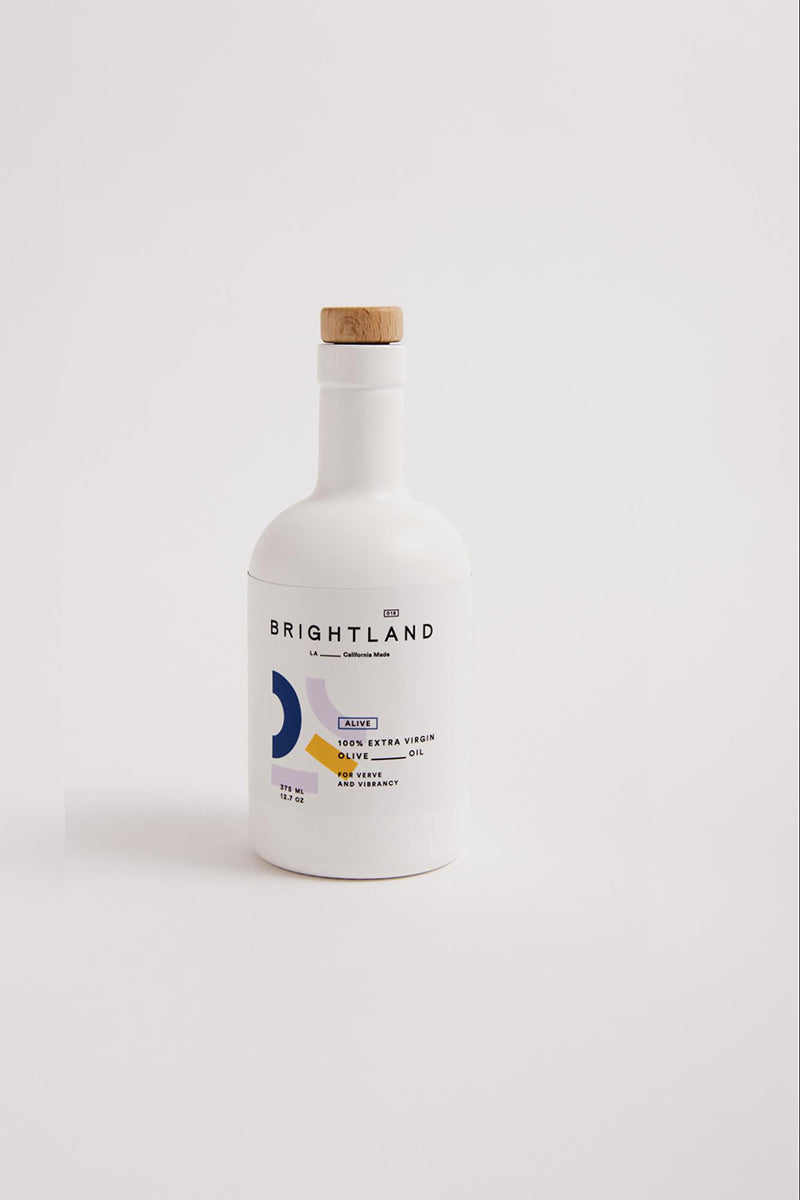
[close type="images"][open type="rte"]
At Brightland, we are transparent about where our olives come from and what the harvest date is so you know that you are getting the highest quality olive oil possible for both you and your dog. Shop Brightland olive oil today and you and your dog will taste the difference!
[close type="rte"]

